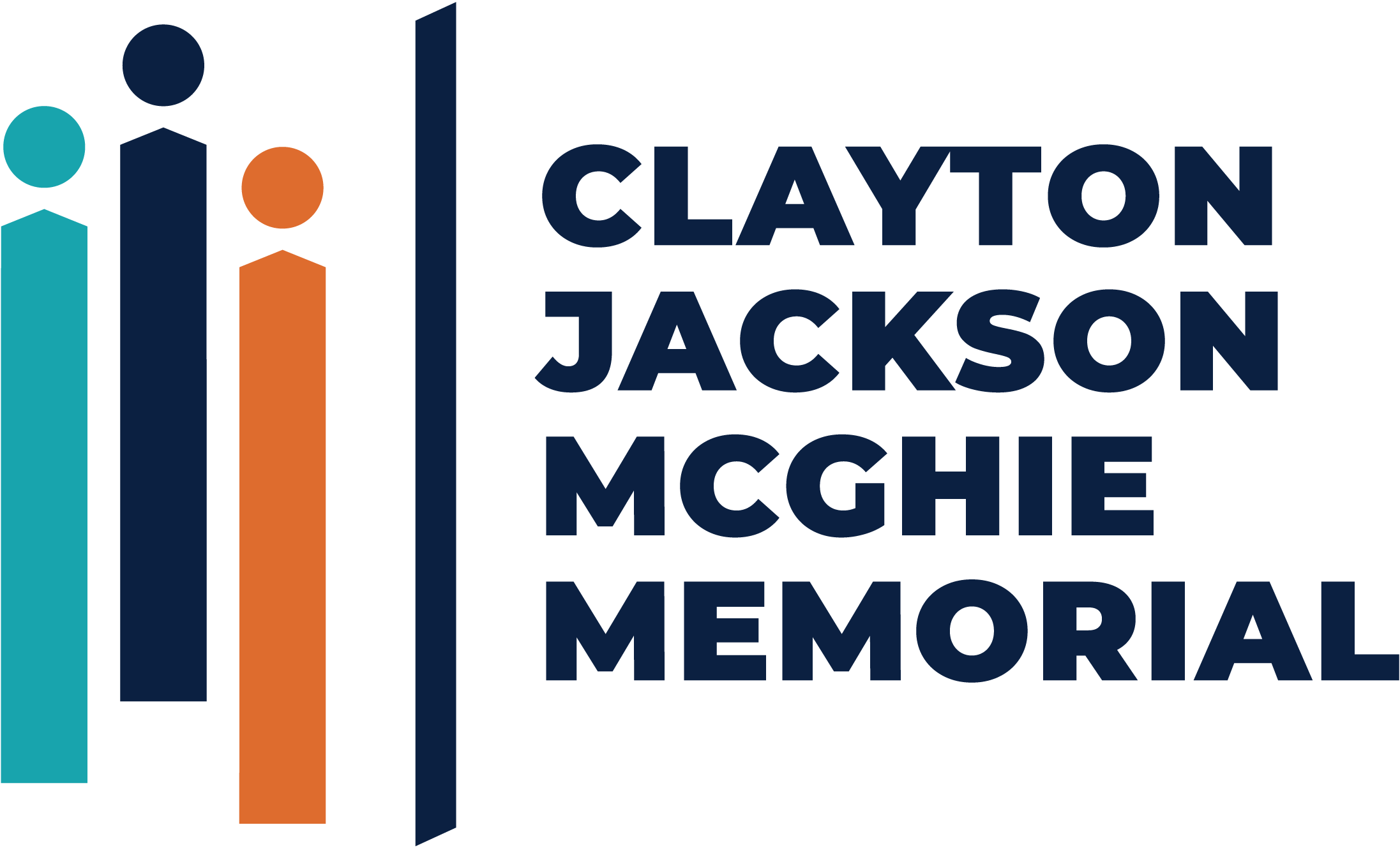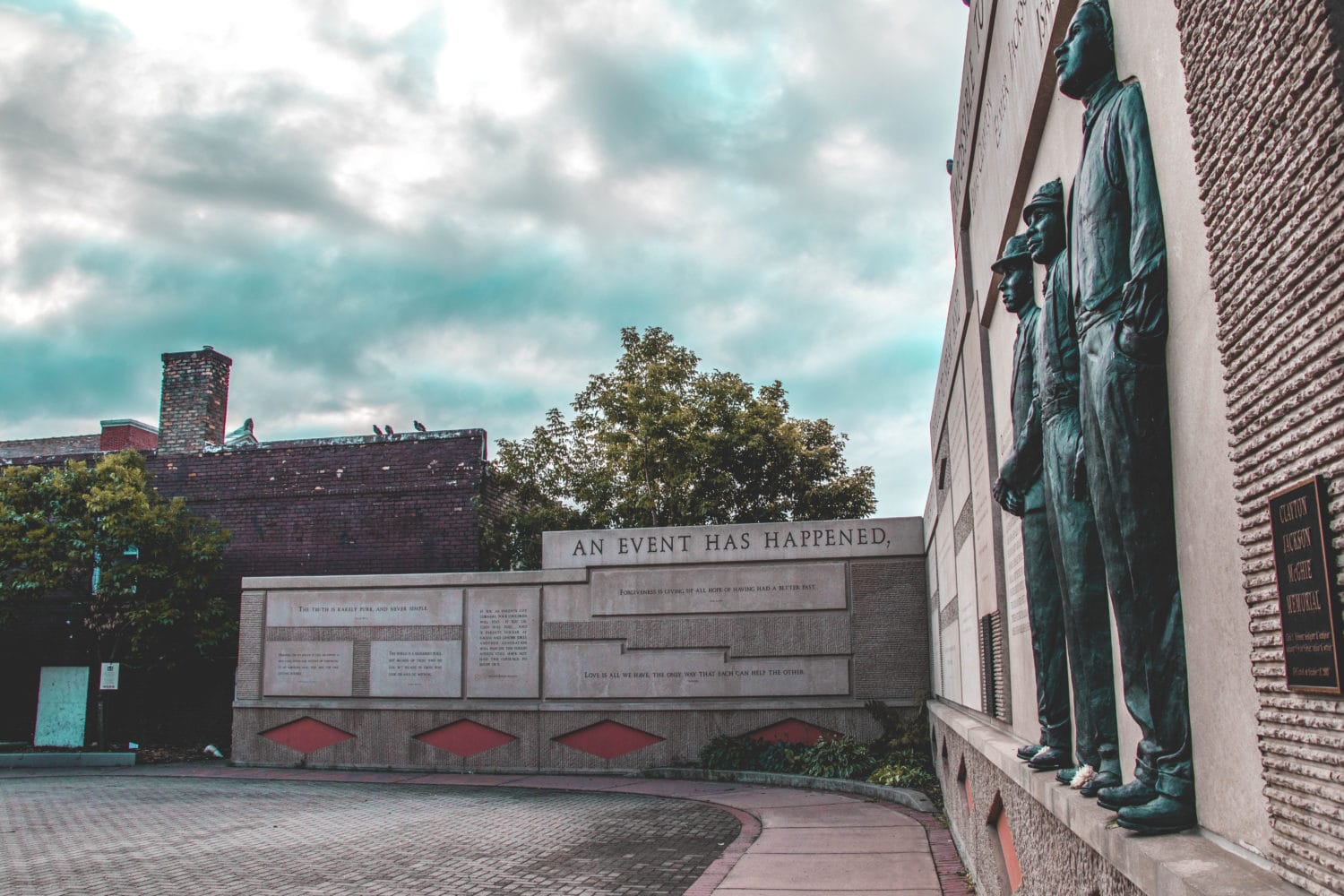Family discovers its hidden connection to 1920 Duluth lynchings
Mar 24th, 2011 | By Rebecca Mortensen | Category: Lead Article, People
Warren Read, from Kingston, Wash., came across an article in the Duluth Ripsaw a few years ago that changed everything he knew about his family. While reading the article, written by Heidi Bakk-Hansen, he discovered something about his great-grandfather, Louis Dondino.
“It had his name, age and location and I was pretty sure that it was him,” Read said. “The more I read, it pointed out it was my great-grandfather.”
The article was about the lynching of three African-Americans that took place in Duluth in 1920. Read had no idea about his great-grandfather’s involvement until he read the article. Once he saw Dondino’s name, he wanted to know more.
“I got the court transcripts, I got all my great-grandfather’s prison records, and parole records, so most of it was just to figure out just how involved he was,” Read said.
Read sifted through the documents and pieced together the story of his great-grandfather’s participation in the event.
“Witnesses had him in front of the jail confronting the police,” Read said. “No one put him in the jail cell or at the light post but that’s not to say that he wasn’t there.”
Read looked further into the event and discovered more from the documents he gathered.
“I know that he was driving a truck gathering people and I know that the rope being dragged behind the truck was the rope that was used for the hanging,” Read said. “He was whipping up a lot of frenzy outside. He was definitely a big part of the rioting.”
Dondino was one of three men in a mob of 10,000 who was convicted of a crime from that night. He went to jail for rioting, a sentence of approximately 15 months. Read speculated as to why his great-grandfather, out of such a vast group, was fingered for the crime.
Once Read had gathered all of this information and completed his research, he realized he was going to have to tell his family. He started with his mother, who had been very close with Dondino.“They knew that someone was going to have to be held accountable for what happened and I think they suspected that it would be easier to convict someone lower down on the socioeconomic scale,” Read said.
“She was definitely shocked,” Read said. “She was concerned about people thinking bad things about her grandfather, because she really held him up on a pedestal. What hit her the most was that something so hard to handle had been kept from her growing up.”
The realization of something so traumatic shook Read’s family. Everything his mother had known about her grandfather seemed distorted. Read explained that it was a real eye-opener. It told him a lot about the relationships amongst his family that came before him.
Though Read never actually met his great-grandfather, he felt he knew him through the stories his mother had told. Suddenly, things that hadn’t made sense before were coming to light.
“It explained some of the bitterness between my grandfather and great-grandfather that my mother never understood,” Read said. “It helped explain the dynamics of the relationship.”
The event that Dondino was involved in has echoed in the generations after him. Read wrote a book released in 2008 titled “The Lyncher in Me” to shed light on how the lynching affected his family and also to pay respect to the victims of the incident.
“My initial motivation for writing the book was just to get the perspective of our family,” Read said. “I wanted to show that someone who was involved in that event could come around and support that healing process.”
His great-grandfather’s past changed Read’s outlook on how to treat others.
“It made me try even harder to be a good father for my own kids,” Read said. “It made me recognize that everything we do effects generations after us.”
One of the intentions of the book was to show that there are two sides to every story. He wanted people to see that for evil to happen, there must be an evildoer who has a story of their own.
“Evil is not one-dimensional, it’s multifaceted. Anyone is capable of bad things given the right circumstances,” Read said.


